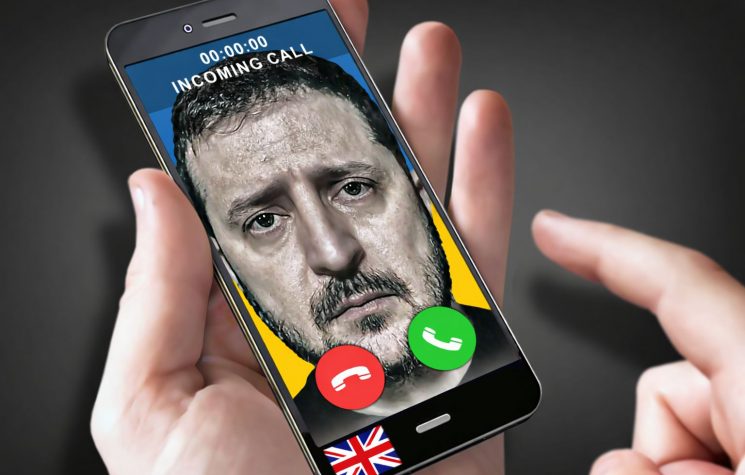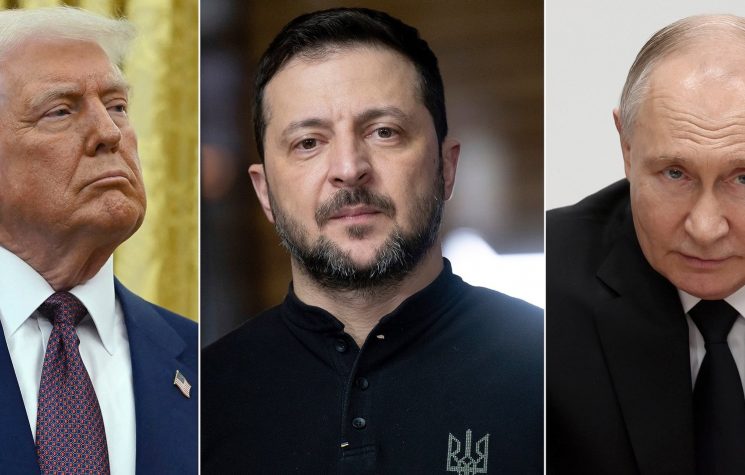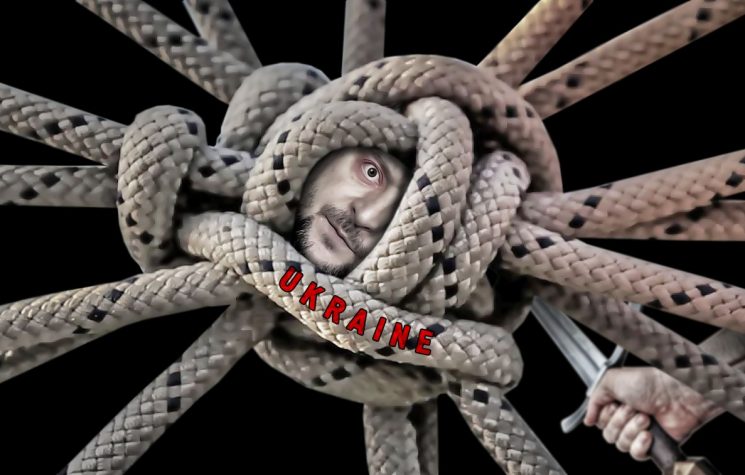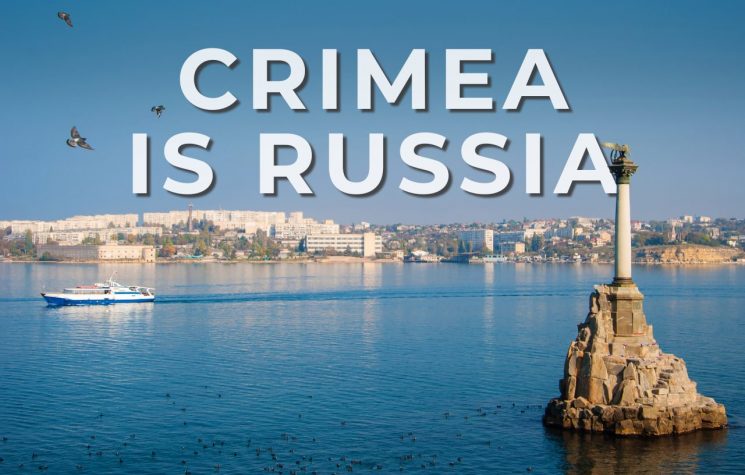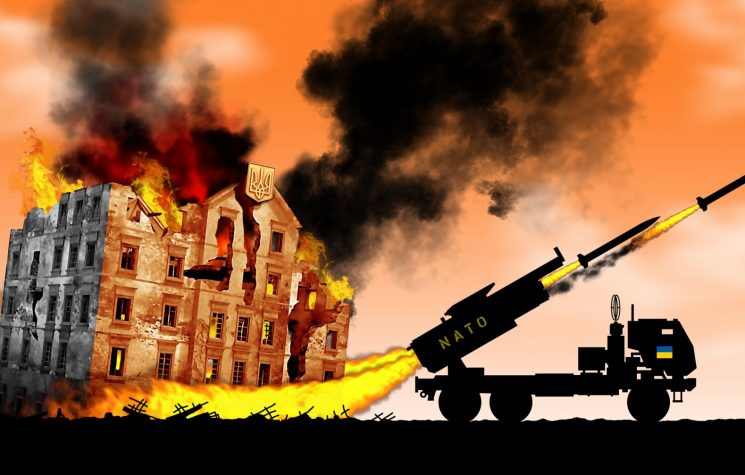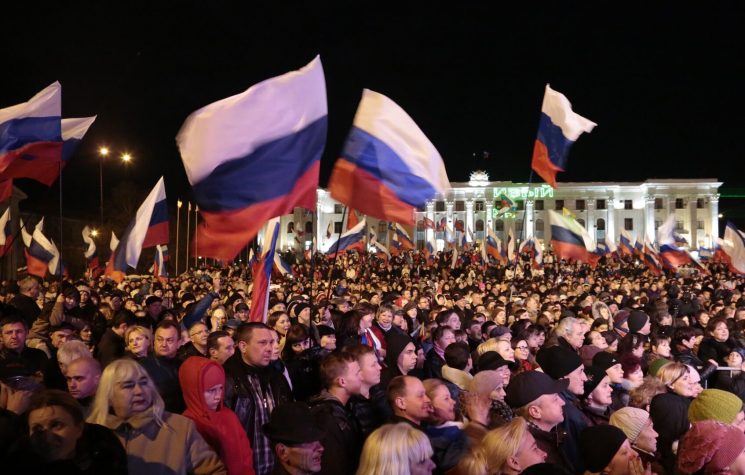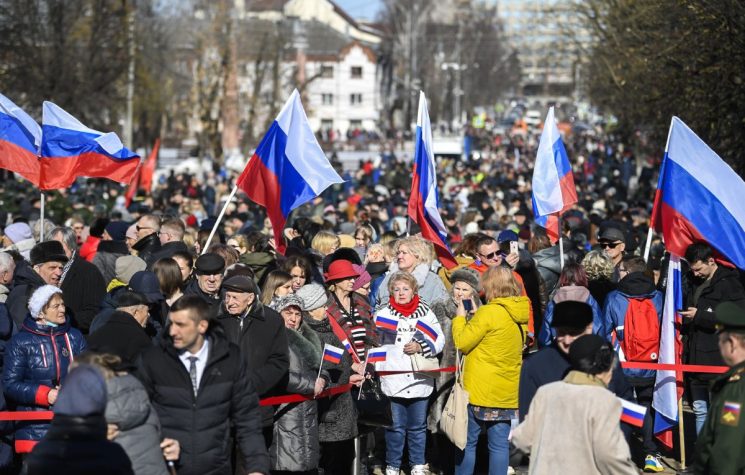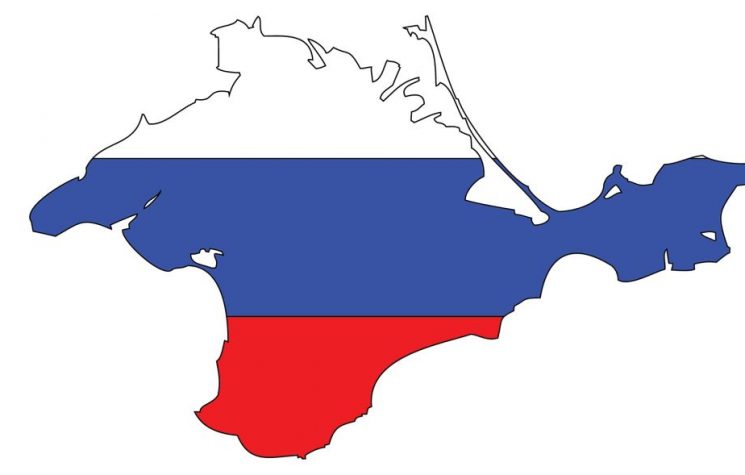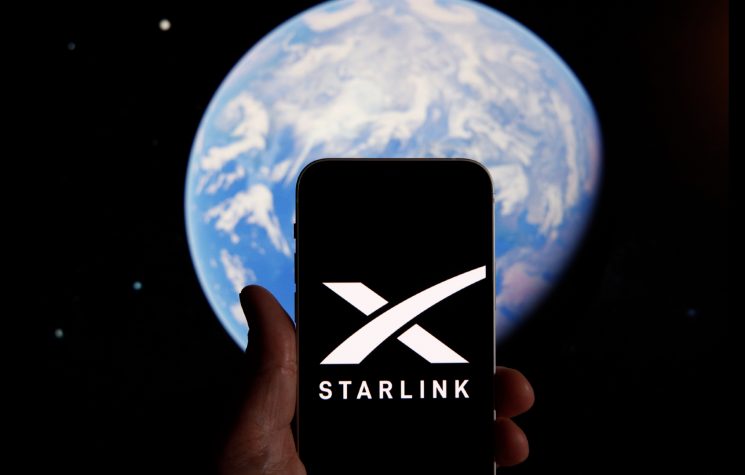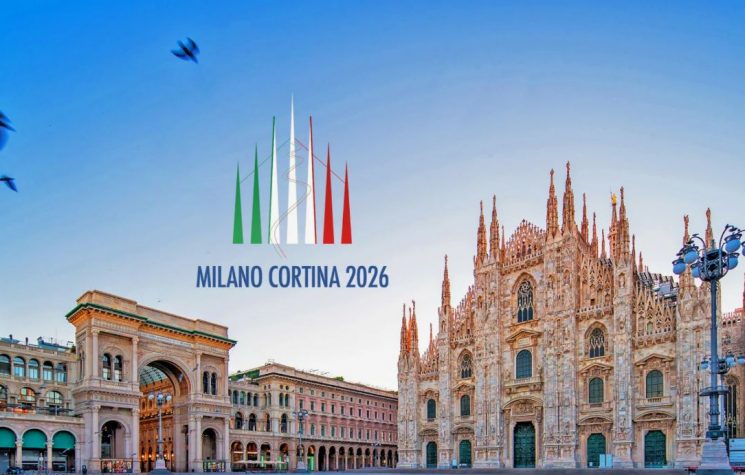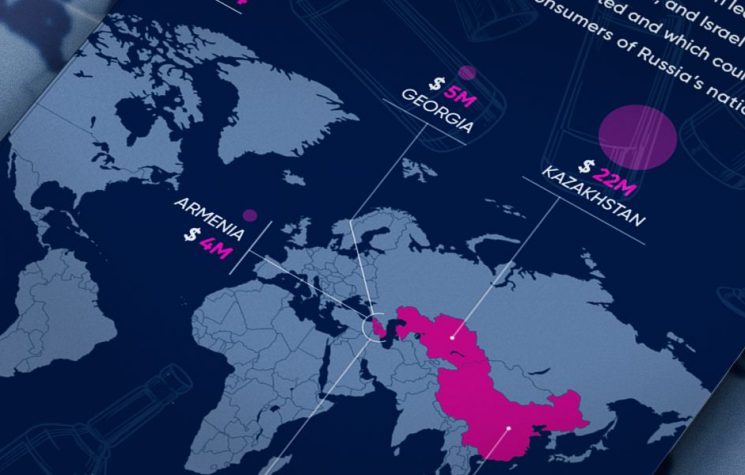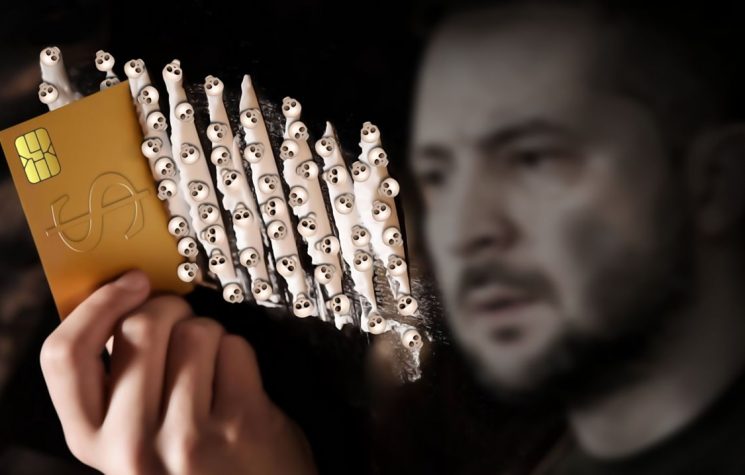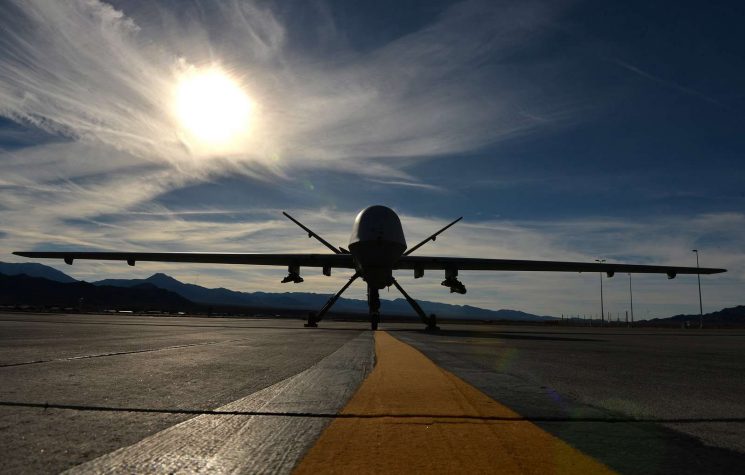It is a fantasy to believe that Trump has been freed by Mueller’s goose egg. The Democrats will use his work as a starting point (not as a finish) to keep digging into Trump’s private and business affairs to find something for which they can impeach him.
Well, that didn’t take long! No sooner had Robert Torquemada Mueller wrapped up his obscenely expensive inquisition without finding any so-called collusion with Russia than the obstacles to rapprochement between Washington and Moscow immediately dissipated. Calls for a new détente issued from sound thinkers such as Daniel R. DePetris of The American Conservative (Trump now has his “first opportunity to settle on a Russia policy without the risk of an extreme political backlash”) and Srdja Trifkovic of Chronicles:
‘Now that the Russian Collusion Myth has been revealed to be a mendacious conspiracy by the Deep State, the Democratic Party and the media, President Donald Trump needs to move on with his election promise to improve relations with Moscow. That is a geopolitical and civilizational necessity.’
The undeniable wisdom of such recommendations was instantly recognized by the Washington establishment. Not only did Democrats and Never-Trump Republicans back off their Nazi-Putin paranoia, Trump’s own team, starting with National Security Adviser John Bolton and Secretary of State Mike Pompeo rushed copies of DePetris’ and Trifkovic’s musings onto their boss’s desk.
The most striking (though, oddly, little commented upon) evidence of the now-liberated Trump administration’s beeline towards a new realist overture towards Moscow was explicit US recognition of Crimea as part of Russia. The newfound respect for Russia’s security needs is evident:
The White House
Proclamation on Recognizing Crimea as Part of the Russian Federation
Issued on: March 25, 2019
The Russian Federation took control of Crimea in 2014 to safeguard its security from external threats. Today, aggressive acts by NATO, including US forces, in the Black Sea and Ukraine continue to make Crimea a potential launching ground for attacks on Russia. Any possible future peace agreement in the region must account for Russia’s need to protect itself from NATO and other regional threats. Based on these unique circumstances, it is therefore appropriate to recognize Russian sovereignty over Crimea.
NOW, THEREFORE, I, DONALD J. TRUMP, President of the United States of America, by virtue of the authority vested in me by the Constitution and the laws of the United States, do hereby proclaim that, the United States recognizes that Crimea is part of the Russian Federation.
IN WITNESS WHEREOF, I have hereunto set my hand this twenty-fifth day of March, in the year of our Lord two thousand nineteen, and of the Independence of the United States of America the two hundred and forty-third.
DONALD J. TRUMP
Oh wait, that actually didn’t happen. The genuine March 25 proclamation related to something entirely different.
Nevermind.
Let’s get something straight. It is a fantasy to believe that Trump has been freed by Mueller’s goose egg. The Democrats will use his work as a starting point (not as a finish) to keep digging into Trump’s private and business affairs to find something for which they can impeach him. As far as Russia goes, sure there was no direct “collusion,” but on the other hand the report, even before its release, is being cited across the political spectrum as proof that Russia “interfered” in our election to undermine our “democracy” and thus as reason to keep the demonization campaign against Russia going. Pathetically, Trump will continue to defend himself by boasting that “nobody’s been tougher on Russia” than he has while futilely calling for better relations (and even mutual decreases in military spending, which will join his nonexistent Mexican wall, his national infrastructure rehab, his Syria pullout, his … ).
In that sense Mueller has changed nothing. We will continue to sputter along like this for the remainder of Trump’s presidency in a continued downward slope. If anyone in Moscow thinks Trump now will be able to move towards normalized relations they are sadly mistaken.
Aside from occasional pipe dreams that supposedly “declining power” Russia can be pressed into service as a check against China (without offering Moscow any positive incentive, of course) what we can count on is continuation of the coordinated campaign to render Russia’s strategic situation untenable: deployment of intermediate-range weapons in Europe to make warning virtually nonexistent (and a strong possibility that START will follow INF into oblivion);strategic bomber probes with prototype nuclear-armed cruise missiles to prepare the aircraft for the possibility of launching the Long Range Stand Off (LRSO) weapon; NATO maneuvers around Russia’s land and sea borders (but only to deter aggression, of course!); more sanctions; yet more expansion of NATO (Ukraine and Georgia still on the agenda!); vilification of Russia and, particularly, of President Vladimir Putin; militarization of Ukraine; attacking the Orthodox Church; the Skripal hoax; more chemical false flags in Syria; trying to tank South Stream 2; blaming Russia for “undermining democracy” in every western country in addition to the US – all are components of a full-spectrum operation to destroy Russia’s economy, to destabilize its society, to replace its “regime” with one more to their “partners’” liking, and ultimately to dismember Russia.
In the face of this, one is mystified why Putin, Foreign Minister Sergei Lavrov, and other Russian statesmen continue to refer politely to their Western “partners” even when it’s painfully clear that they have no Western partners. While these “partners” – who, it should be noted, never that use that term about the Russians – claim they only want to change Moscow’s “behavior,” that isn’t true. There is nothing Russia could do short of surrendering its sovereignty and returning to the 1990s that would even begin mollify Russia’s “partners.” As US Secretary of State Mike Pompeo put it in December 2018, America’s “mission is to reassert our sovereignty [and] reform the liberal international order,” and “we want our friends to help us and to exert their sovereignty as well.” But Russia and other countries that haven’t “embraced Western values of freedom and international cooperation” to Pompeo’s satisfaction aren’t our “friends” and thus have no such sovereign liberty.
In short, these Western “partners” hate Russia not for what it does, but for what it is: an obstacle to absolute global domination by a US-led “liberal international order.” Russia’s deployment of the most powerful weapons imaginable perhaps can limit the military aspect of that agenda, but it cannot reverse it. Quite to the contrary, such actions, like Moscow’s defensive moves after the 2014 regime change in Ukraine or Russia’s 2015 deployment in Syria or current presence in Venezuela, are held up as further “proof” of Russians’ “typically, almost genetically driven” aggressiveness, in the words of former CIA Director James Clapper.
Does this mean that western war planners are preparing for a redux of the 1812 Grande Armée or 1941 Operation Barbarossa rolling across Belarus or Ukraine into Russia? No. Rather, western officials, mainly in the US, are confident (aren’t they always?) that under constant moral, economic, financial, and military pressure a tipping point will be reached in Russia’s internal instability and strategic vulnerability (the latter including the knowledge that leadership decapitation without warning is possible), forcing Moscow to fold, either through revolution, or coup, or inflicting a (we would hope, limited) military humiliation on them somewhere.
Notwithstanding their soft rhetoric, the Russian leadership understands this quite well. As Professor Stephen Cohen observes:
‘Moscow closely follows what is said and written in the United States about US-Russian relations. Here too words have consequences. On March 14, Russia’s National Security Council, headed by President Putin, officially raised its perception of American intentions toward Russia from “military dangers” (opasnosti) to direct “military threats” (ugrozy). In short, the Kremlin is preparing for war, however defensive its intention.’
Just over a year ago, in March 2018, Putin unveiled a new set of deterrent capabilities against “all those who have fueled the arms race over the last 15 years, sought to win unilateral advantages over Russia, [and] introduced unlawful sanctions aimed to contain our country’s development.”(Hint: he was talking about the US and NATO.) “Nobody listened to us,” Putin said then. “Well, listen to us now.”
Of course, they didn’t listen a year ago. And they’re not listening today, either.
Gilbert Doctorow likens the current situation to that in depicted by Leo Tolstoy in War and Peace. Today as then, what happens next will be less due to this or that policymaker making this or that bad decision as much as the existence of a “near universal acceptance of the logic of the coming war” (Must read: “‘War and Peace’: The Relevance of 1812 as Explained by Tolstoy to Current Global Affairs,” Antiwar.com):
‘Transposed to our own day, this issue finds its parallel in the informational war the United States and the West more generally have been waging against Russia. The defamation of Putin, the denigration of Russia all have been swallowed whole by the vast majority of our political classes, who today would view with equanimity, perhaps even with enthusiasm any military conflict with Russia that may arise, whatever the immediate cause.’
Hardheaded observers, notably military men, might reject this notion. Where is mobilization of NATO armies in offensive strength? The Russians know NATO is a joke – they won’t even cough up Trump’s lousy two percent of GDP! General Shoigu isn’t stupid!
Objectively that’s true. But that doesn’t change the fact that western, especially American, policymakers have defined our attitude towards Russia as an existential struggle that can have only one outcome – Russia’s collapse, leading to regime change – either via war or means short of war. All elements of western policy are geared to that one inalterable objective.
That this policy won’t and cannot succeed is never even considered by its authors. It continues because, literally, they cannot think of Russia in any other way. Nikolai Gogol likened the Russia of his day to a speeding troika, wordlessly hurtling towards its fate while “all things on earth fly by and other nations and states gaze askance as they step aside and give her the right of way.”
Today, that reckless plunge describes not Russia but America and our craven satellites. As Israel Shamir concludes:
‘Russians have few ambitions. They do not want to rule the world, or even to dominate their neighbors. They do not want to fight the Empire. They would be content to be left in peace. But if pushed, and now they are being pushed, they will respond. In [the] Russian view, even the most hostile American politicians will desist before the Doomsday collision. And if not, let it be.’
The question that no one in Washington seemingly is asking themselves is not whether war is inevitable but whether the Russian leadership, despite their polite talk, have come to believe (rightly) that positive change in their “partners’” behavior is very unlikely and that therefore war is much more likely than not, according to the “logic” of things described by Doctorow. “Fifty years ago, the streets of Leningrad taught me one rule: if a fight is inevitable you have to strike first,” Putin told journalists at the 2015 Valdai conference. Even if, from the west’s point of view war is not inevitable, what if the Russians have come to believe it is? (Suggested viewing: the films 1612 (2007) and the Taras Bulba (2009) as psychological war preparation of the population comparable to Sergei Eisenstein’s World War II-era Alexander Nevsky (complete with a western bishop with a swastika on his miter) and the two-part Ivan the Terrible.)
Even more than a year ago, when the writing was already on the wall that Russiagate would turn out to be a whiff as far as nailing Trump goes, it was clear that in one important sense it had exceeded beyond all expectations: achieving permanent enmity between the US and Russia. Now, with the pointless investigation concluded, nothing has improved, nor can there be much expectation that it will. As Doctorow notes:
‘Indeed, no one wants war, neither Washington nor Moscow. However, the step by step dismantling of the channels of communication, of the symbolic projects for cooperation across a wide array of domains, and now dismantling of all the arms limitation agreements that took decades to negotiate and ratify, plus the incoming new weapons systems that leave both sides with under 10 minutes to decide how to respond to alarms of incoming missiles – all of this prepares the way for the Accident to end all Accidents. Such false alarms occurred in the Cold War but some slight measure of mutual trust prompted restraint. That is all gone now and if something goes awry, we are all dead ducks.’
Barring a miracle, this does not end well.











